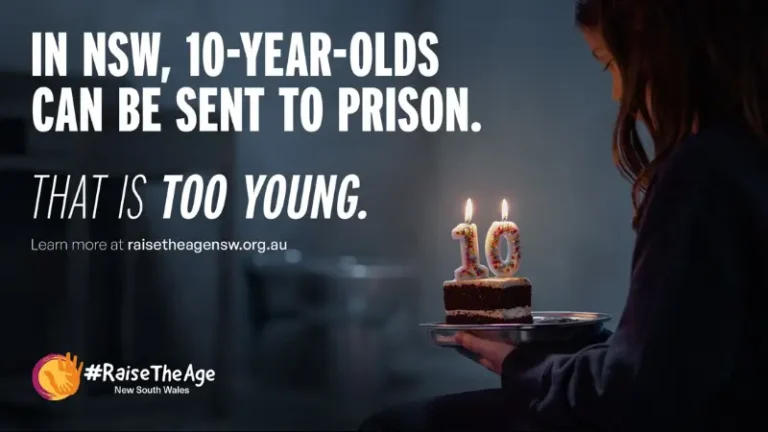PIAC provided a response to the Australian Energy Regulator (AER) on the Review of the cost benefit analysis (CBA) and regulatory investment test (RIT) guidelines.
The review is in response to a rule change made by the Australian Energy Market Commission (AEMC) on Material changes in network infrastructure costs, as well as recommendations made by the AEMC in the Transmission Planning and Investment Review.
We note that the RITs are currently not fit for purpose. First, they afford no protection for consumers to manage certain risks and costs, which they nonetheless bear. This includes cost blowouts to major transmission projects, which we have seen on numerous occasions already. Second, the final costs of large projects always goes up, and often by a large factor. This is not currently captured well, with the result that network options are given a favourable starting point relative to non-network options, which have costs that are much easier to estimate.
To remedy these shortcomings, we make a number of proposals.
First, while we agree with the AER’s proposal that project proponents should develop and lay out clear reopening triggers to determine when a material change in costs (MCC) has occurred, we believe stakeholders, and particularly consumers should be consulted with on the form and level of these triggers. We also propose that any stakeholder should be able to tell the AER than an MCC has occurred – not just the project proponents, who have a vested interest in the project going ahead.
Second, to level the playing field between network and non-network options, we propose a more standardised and transparent cost estimation system. In particular, this should include adding risk allowances for network options, set according to level of maturity of the project, as well as its size.
Finally, we call for the AER to be given new powers to substantively assess the activities completed in ‘early works’ by transmission service providers. The AER should provide guidelines on what sorts of activities can be included in early works, and then assess what proportion of a project proponent’s activities claimed in this are reasonably within the bounds of these guidelines, and whether the associated costs

Watch: Challenging Injustice in Community Housing